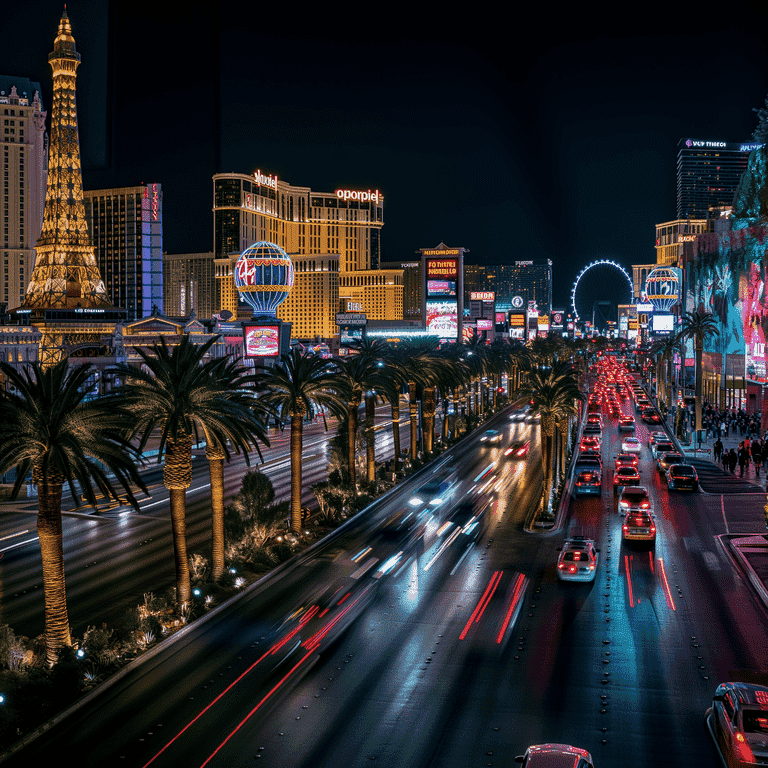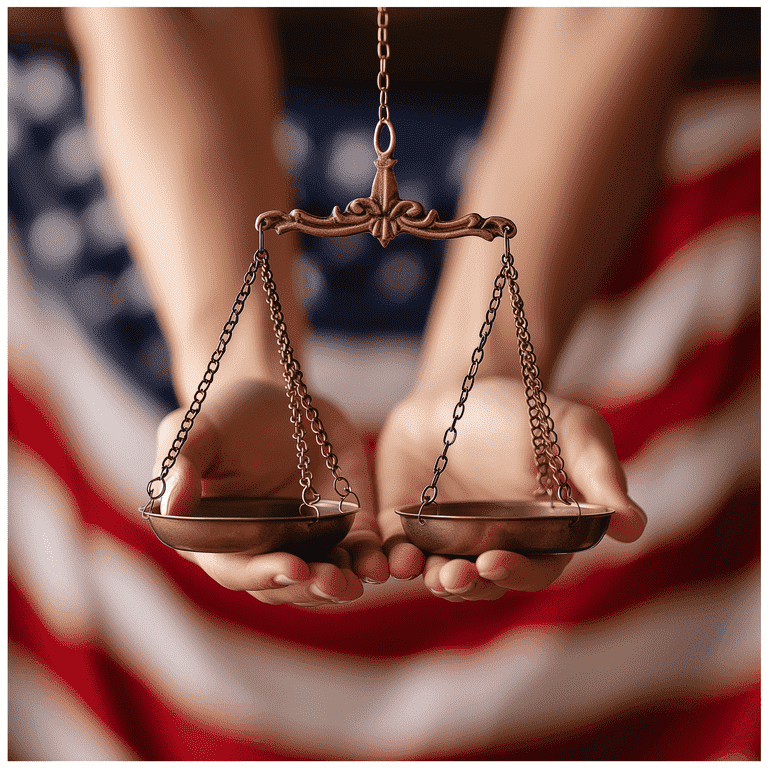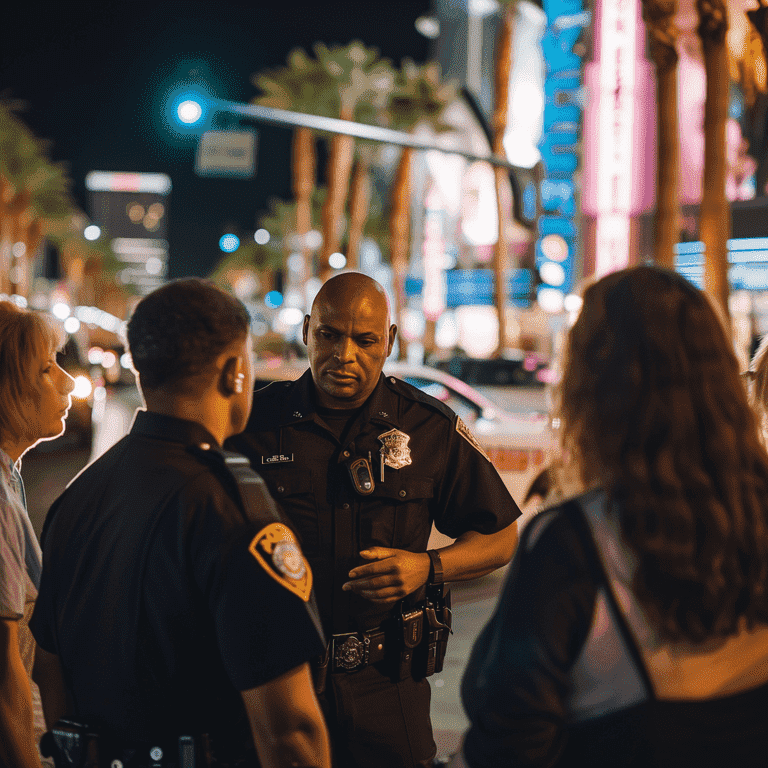Welcome to our comprehensive guide on understanding public intoxication laws in Las Vegas.
Whether you’re a resident or a visitor, it’s crucial to be aware of these laws. This will ensure a safe and enjoyable experience in the city.
Las Vegas has specific regulations for public intoxication. They might differ from other places. Las Vegas is known for its vibrant nightlife and entertainment scene.
This guide aims to provide clear and valuable insights into what public intoxication means in Las Vegas.
It also covers its legal implications and how it’s enforced in this unique city environment.
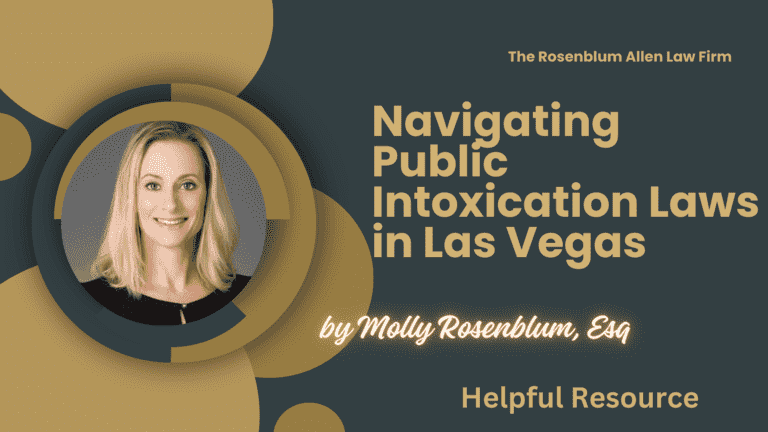
 Definition of Public Intoxication in Las Vegas
Definition of Public Intoxication in Las Vegas
Public intoxication is a legal term. It’s often called ‘drunk and disorderly.’ It means being visibly drunk or on drugs in public. In Las Vegas, the definition of public intoxication hinges on a few critical criteria. It’s not merely about having a few drinks; it involves behavior that’s disruptive or poses a threat to oneself or others. This definition is quite similar to others in other places. However, there are nuances specific to Las Vegas. Alcohol consumption is common in public areas, especially on the Strip and in casinos.
Legal Definition and Criteria
In Las Vegas, public intoxication is defined by certain behaviors. These include causing a public disturbance. Endangering the safety of oneself or others. And obstructing public ways. Unlike some other cities, being under the influence in a public area isn’t enough for an arrest. An arrest requires disruptive behavior.
Comparison with Other Jurisdictions
Las Vegas tends to have more lenient policies regarding public alcohol consumption than other cities and states. This is because its economy relies on tourism. However, this leniency doesn’t extend to disorderly conduct. It’s crucial to understand this distinction to avoid legal troubles.
Specific Laws Governing Public Intoxication in Las Vegas
Las Vegas, being a part of Nevada, follows state and local laws on public intoxication. Nevada law doesn’t make it illegal to be drunk in public. Yet, the actions people often do when drunk can have legal consequences.
State vs. Local Regulations
Nevada’s state law does not explicitly outlaw public intoxication. But, local ordinances in Las Vegas can enforce regulations related to disorderly conduct. This often includes behaviors associated with public intoxication. It’s important to note that while you might not be arrested for being drunk per se. Actions resulting from intoxication can lead to legal repercussions.
Penalties and Charges Associated with Public Intoxication
The penalties for public intoxication in Las Vegas can vary. They are based on the nature and severity of the incident. Standard charges include disorderly conduct or disturbing the peace, which can result in fines, community service, or even jail time in more severe cases. Being aware of potential consequences is essential. It helps you make informed decisions while enjoying the city’s offerings.
In the following sections, we will delve into the unique aspects of public intoxication laws in the context of Las Vegas’s environment. This will include the role of casinos and tourism. We will also look at the legal and personal implications of these laws. Stay tuned to learn more about your rights, legal help, and how to act responsibly in these situations.
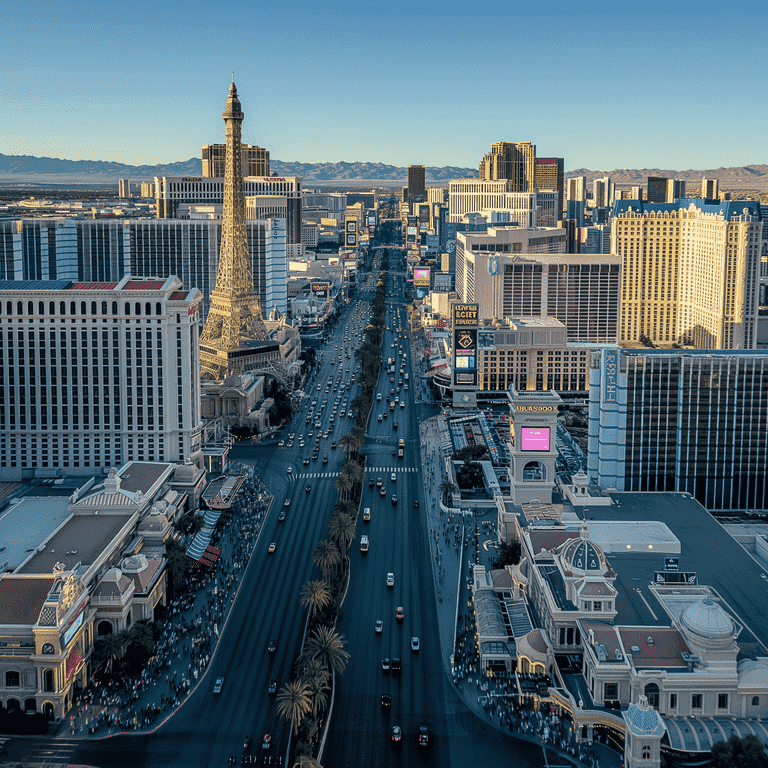
Public Intoxication and Las Vegas’ Unique Environment
Las Vegas is a city unlike any other. It’s known for its vibrant nightlife and bustling casino culture. This unique environment plays a significant role in how public intoxication laws are viewed and enforced.
The Role of Casinos and Tourism
In Las Vegas, casinos and tourism are at the heart of the city’s economy. These venues often serve alcohol 24/7. This contributes to a higher likelihood of public intoxication. However, these establishments also have their security and protocols to manage intoxicated patrons. They often handle situations internally before they escalate to law enforcement involvement.
Enforcement Practices in Tourist Areas
Law enforcement in Las Vegas knows the city’s unique appeal. They also know the high volume of tourists it attracts. Officers typically focus on ensuring public safety. They do this rather than penalizing every instance of intoxication. That said, behaviors that compromise safety or disturb the peace are taken seriously. This is especially true in high-traffic tourist areas like the Strip and Downtown.
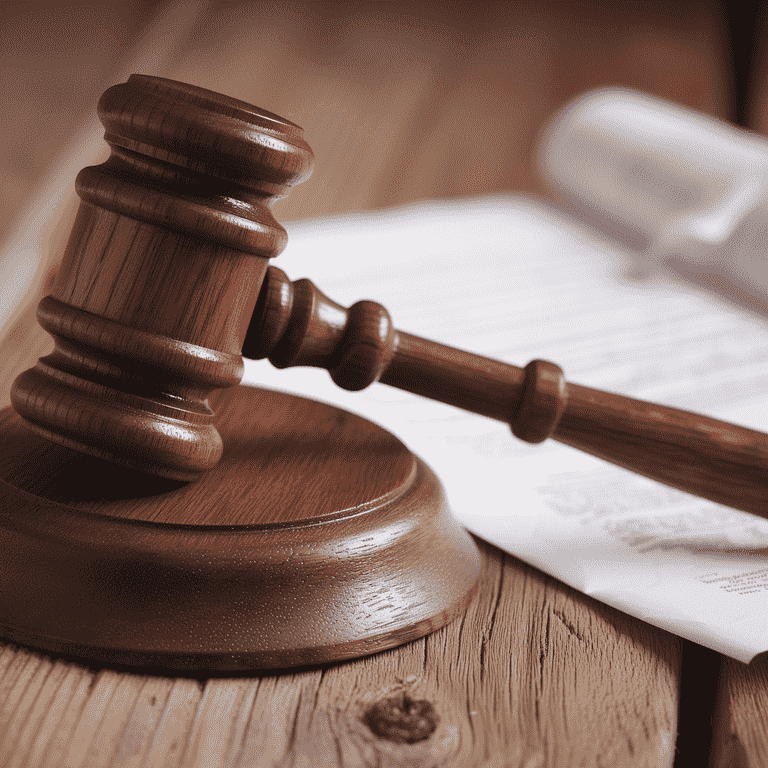
Legal Consequences of Public Intoxication
Understanding the legal consequences of public intoxication is crucial. The act might not always lead to arrest. But, the associated behaviors can have significant legal repercussions.
Short-Term Consequences
Arrest and Detention
If your intoxicated behavior causes a disturbance or danger, you could be arrested and detained. This is often a temporary measure to prevent any immediate harm or disruption.
Fines and Charges
Fines and charges can be imposed for disorderly conduct related to public intoxication, depending on the situation. These fines can vary in amount and are typically decided based on the severity of the incident.
Long-Term Implications
Criminal Record
Being charged with offenses related to public intoxication can result in a criminal record. This can impact various aspects of your life, from employment opportunities to housing options.
Impact on Employment
A criminal record, especially for a public order offense, can negatively affect your current job. It can also harm your future employment prospects. Employers often conduct background checks, and a history of such crimes can be a deterrent.
Protecting Your Rights
Knowing how to protect your rights if you’re arrested for public intoxication. Being informed can make a significant difference in how you navigate these situations.
What to Do If Arrested for Public Intoxication
If you’re arrested, it’s essential to remain calm and respectful. Exercise your right to remain silent and request an attorney. Remember, anything you say can be used against you in court.
Seeking Legal Assistance
Seeking legal assistance is vital. A qualified attorney can guide your rights, the legal process, and the best course of action. They can also negotiate on your behalf and help minimize the impact of the charges.
In the following sections, we will explore: – Preventive measures – The role of the hospitality industry – Law enforcement procedures – Finding the proper legal assistance. Stay tuned for more valuable insights to stay informed and safe in Las Vegas.
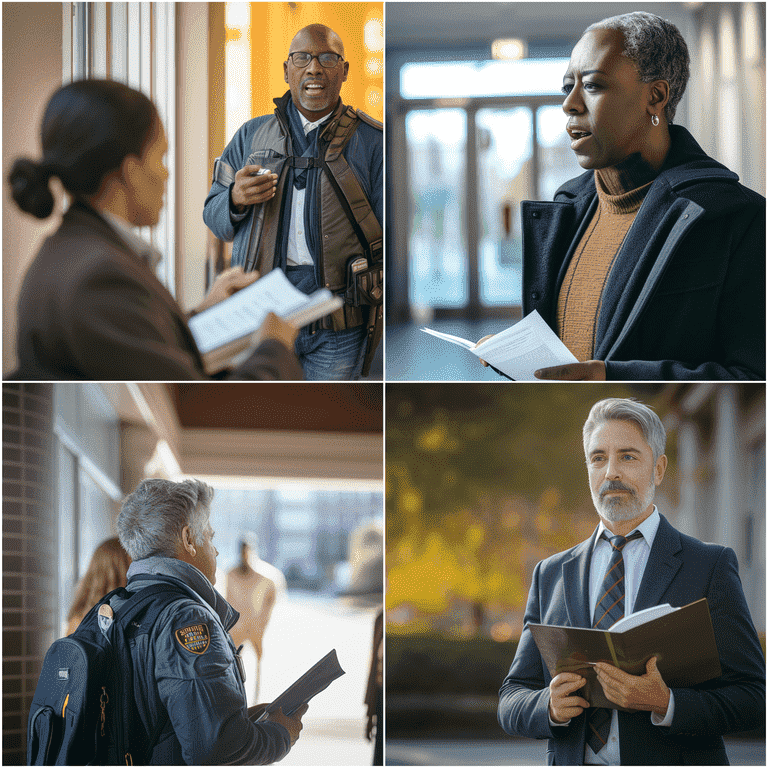
Preventive Measures and Public Awareness
Staying informed and proactive can help prevent the undesirable consequences of public intoxication. Understanding the laws and your limits is crucial in ensuring a safe and enjoyable time in Las Vegas.
Educational Programs and Campaigns
Las Vegas offers various educational programs and public awareness campaigns. They aim to reduce incidents of public intoxication. These initiatives often emphasize responsible drinking. They also focus on understanding the signs of intoxication and knowing when to stop. They also provide valuable legal information about disorderly conduct due to intoxication.
Role of the Hospitality Industry in Prevention
The hospitality industry in Las Vegas plays a pivotal role in preventing public intoxication. Bars, casinos, and hotels often have trained staff. They can identify signs of excessive intoxication and intervene appropriately. These establishments may offer assistance to ensure the safety and well-being of their patrons. For example, they may call a taxi or suggest a break from alcohol consumption.
Understanding the Role of Law Enforcement
Law enforcement officers in Las Vegas are trained to handle public intoxication situations, focusing on public safety and community welfare.
Police Procedures in Public Intoxication Cases
When dealing with public intoxication, law enforcement officers assess the situation to determine the appropriate action. This might involve a warning, a request to leave the area, or arrest in more severe cases. The primary goal is to ensure the individual’s safety and that of those around them, rather than immediate penalization.
Community Policing and Public Safety
Community policing strategies in Las Vegas aim to maintain public order. They also aim to respect individuals’ rights. Officers often work closely with community leaders and businesses. They do this to create a safer environment for residents and visitors.
Navigating Legal Assistance in Public Intoxication Cases
If you face legal issues due to public intoxication, it’s essential to know how to navigate the legal system. Finding the proper help is also crucial.
Finding the Right Defense Attorney
Choosing an experienced defense attorney is crucial. The attorney should understand the nuances of Las Vegas laws. Look for lawyers who specialize in public intoxication or related cases. They will have the knowledge and experience to effectively handle your situation.
The Importance of Experienced Legal Representation
An experienced attorney can provide invaluable assistance. They can negotiate with prosecutors and represent you in court. They can advise you on the best course of action. This includes seeking a plea deal, going to trial, or exploring alternative resolutions.
Why You Have Not Hired a Felony Defense Attorney Yet
Watch this short video to take the next big step toward defending your rights against a felony charge.

Breaking It All Down for You
It is essential for anyone visiting or living in Las Vegas to understand the city’s public intoxication laws. You can ensure a safe and enjoyable experience in this vibrant city by staying informed, respecting the rules, and knowing your rights.
Remember, Las Vegas offers a unique and exciting atmosphere. Being responsible and aware of your actions is vital to avoiding legal complications. Stay safe, stay informed, and enjoy all Las Vegas offers.

Frequently Asked Questions
How serious are the consequences of public intoxication in Las Vegas?
Public intoxication can lead to significant consequences in Las Vegas, including fines, jail time, a criminal record, and even deportation for non-citizens. The severity depends on factors like the specific charges and the individual’s history.
What are some tips for avoiding public intoxication issues?
To minimize the risk of public intoxication problems, be aware of your alcohol consumption and know your limits. Stay with a group and look out for each other. Have a plan for safe transportation, such as a designated driver or ride-sharing service. Familiarize yourself with local laws and regulations.
Can you refuse a breathalyzer test in Las Vegas?
While you can refuse a breathalyzer, Nevada has implied consent laws. Refusal can lead to license suspension, increased penalties if convicted, and the refusal being used as evidence against you. It’s generally advisable to comply with testing unless instructed otherwise by an attorney.
What should I do if I’m arrested for public intoxication?
If arrested, remain calm and respectful. Invoke your right to remain silent and request an attorney. Cooperate with the booking process and contact a lawyer or have someone do so on your behalf.
How can I find a reputable attorney for a public intoxication case?
To find a suitable attorney, look for lawyers specializing in criminal defense or DUI/DWI cases. Check their experience and track record with similar cases. Read client reviews and testimonials. Schedule consultations to discuss your case and assess compatibility.
What are the potential long-term effects of a public intoxication conviction?
A public intoxication conviction can have lasting impacts, such as a criminal record that may appear in background checks, difficulty obtaining employment, housing, or professional licenses, increased penalties for future offenses, and social stigma and reputational damage.
Are there any diversion programs available for public intoxication charges?
Some jurisdictions offer diversion programs for first-time or low-level offenders. These may include substance abuse education or treatment, community service, and probation. Eligibility depends on the specific case and the individual’s criminal history.
Can public intoxication charges be expunged from my record?
In some cases, public intoxication charges may be eligible for expungement. Factors include successful completion of sentencing requirements, time passed since the offense, and subsequent criminal history. An experienced attorney can help determine eligibility and guide you through the expungement process.

Glossary
Public Intoxication: A legal term used to describe a state of being visibly drunk or under the influence of drugs in a public place, often associated with disruptive or dangerous behavior.
Disorderly Conduct: A legal charge that involves acting in a disruptive, offensive, or threatening manner in public, which can include behaviors stemming from intoxication.
Blood Alcohol Concentration (BAC): The alcohol percentage in a person’s bloodstream. In Las Vegas, a BAC of 0.08% or higher is considered legally impaired for driving.
DUI (Driving Under the Influence): The act of operating a motor vehicle while impaired by alcohol or drugs. In Las Vegas, this is measured by BAC levels.
Criminal Record: A formal record maintained by law enforcement agencies documenting an individual’s criminal history, including arrests, charges, and convictions.
Deportation: The formally removal of a foreign national from a country for violating immigration or criminal laws.
Open Container: A drink that is in an unsealed container. In specific areas of Las Vegas, carrying an open container of alcohol in public is legal.
Legal Representation: Having a lawyer or attorney provide legal advice and act on one’s behalf.
Community Policing: A strategy of policing that focuses on building ties and working closely with community members to maintain public safety and order.
Bail: A form of security, usually a sum of money, used to obtain the release of an arrested individual to guarantee their appearance in court.
Hospitality Industry: Businesses that provide services to tourists and travelers, such as hotels, restaurants, and bars, play a significant role in managing public intoxication.
Tourist Area: Specific regions in a city, like the Las Vegas Strip, frequented by tourists and often have different rules or enforcement practices related to public intoxication.
Casino Ban: A prohibition imposed by a casino preventing an individual from entering the premises, often due to misconduct such as public intoxication.
Legal Limit: The maximum legal blood alcohol concentration (BAC) allowed for individuals, especially in the context of operating vehicles. In Las Vegas, the legal limit for drivers is 0.08% BAC.
Additional Resources for You

Molly Rosenblum, Esq., our distinguished lead attorney, has meticulously crafted a series of valuable resources designed to support individuals navigating the complexities of criminal law. Available on the Rosenblum Law website, these resources provide comprehensive guidance, legal insight, and support across a wide range of criminal defense topics. Whether you’re seeking information on specific charges, legal processes, or defense strategies, these resources are tailored to meet your needs during challenging times:
Criminal Defense Attorneys: A thorough resource offering expertise in defending a wide array of criminal charges. Explore the resource.
Las Vegas DUI Lawyer: Specialized guidance for those facing DUI charges in Las Vegas, offering strategies for defense and information on the legal process. Learn more.
Domestic Violence Lawyer Las Vegas: Expert legal support for individuals accused of domestic violence, providing defense strategies and legal advice. Discover the details.
Drug Possession Lawyer: Assistance for those charged with drug possession, including defense tactics and insights into the legal system. Begin your defense.
Sex Crimes Attorney: Dedicated support for individuals facing sex crime allegations, offering confidential legal advice and defense planning. Understand your options.
CPS Defense Attorney: Guidance for those involved in child abuse and neglect cases, including defense against CPS investigations. Navigate CPS defense.
Misdemeanor Lawyer: Legal advice and defense strategies for individuals charged with misdemeanor offenses. Learn about misdemeanor defense.
Juvenile Defense Lawyers: Specialized representation for minors facing criminal charges, focusing on juvenile justice and defense. Explore juvenile defense.
Las Vegas Warrant Defense Attorney: Assistance for individuals with outstanding warrants, offering strategies to resolve warrants and avoid arrest. Resolve your warrant.
Las Vegas Probation Violation Attorney: Expert advice for those accused of violating probation terms, providing legal strategies to address violations. Address probation issues.
Theft Crime Defense Lawyer: Defense strategies and legal support for individuals facing theft charges, aiming to protect your rights and reputation. Defend against theft charges.
Kidnapping Lawyers: Legal representation for those accused of kidnapping, offering defense strategies and insights into potential legal outcomes. Learn about kidnapping defense.
Firearms Lawyer Las Vegas: Guidance for individuals facing firearms-related charges, including illegal possession or use. Understand firearms law.
Through these resources, Molly Rosenblum, Esq. aims to empower you with the knowledge and support necessary to navigate the legal system effectively. We encourage you to utilize these resources to ensure that your defense is as strong and informed as possible.

Offsite Resources You May Find Helpful
Here are several offsite resources related to legal topics that you might find helpful:
American Bar Association (ABA): A comprehensive resource for legal professionals and the public, offering information on various legal topics, including public intoxication laws and criminal defense. Visit ABA.
National Association of Criminal Defense Lawyers (NACDL): This organization provides resources and advocacy for criminal defense attorneys and those interested in the criminal justice system. Visit NACDL.
FindLaw: A user-friendly site offering a wide range of legal information, including articles and resources on public intoxication and other criminal law topics. Visit FindLaw.
NOLO: Known for its do-it-yourself legal guides, NOLO provides extensive information on criminal law, DUIs, and other legal matters. Visit NOLO.
Justia: This site offers free case law, codes, regulations, and legal information for lawyers, business, students, and consumers. Visit Justia.
Avvo: Avvo provides free legal advice, an extensive directory of lawyers, and a Q&A forum where you can get answers to specific legal questions. Visit Avvo.
National Legal Aid & Defender Association (NLADA): This organization is dedicated to providing legal assistance to those who cannot afford it, with resources and information on various legal topics. Visit NLADA.
Each of these resources offers a wealth of information and can be a valuable tool in understanding and navigating legal issues.

A Special Message From Our Lead Attorney
Why You Might Need a Lawyer

Molly Rosenblum, Esq
Dear Reader,
Thank you so much for taking the time to read and explore the resources we’ve provided. We hope you found them informative and helpful. They can help you understand the legal landscape. This is especially true for public intoxication laws in Las Vegas.
At The Rosenblum Allen Law Firm, we are committed to offering personalized legal assistance tailored to your unique situation. If you have any questions or concerns, or need further clarification on any legal matter, please don’t hesitate to contact us.
We invite you to schedule a free consultation to discuss your case in more detail. You can call us at (702) 433-2889 to arrange a meeting where we can offer you direct, tailored advice and support.
Again, thank you for your time, and we look forward to the opportunity to assist you.
Warm regards,
Molly Rosenblum, Esq.

